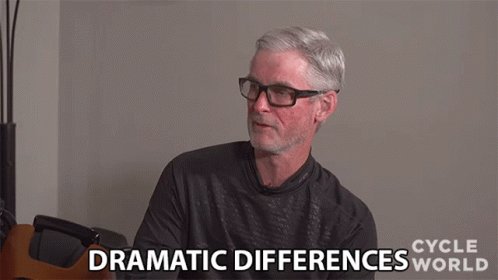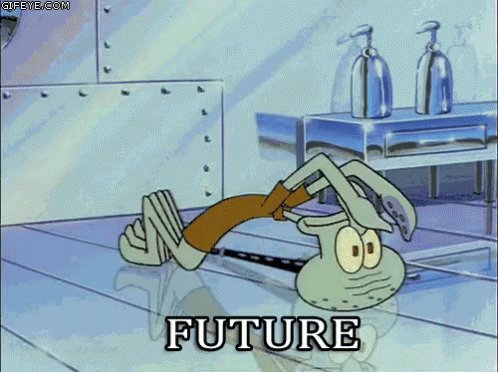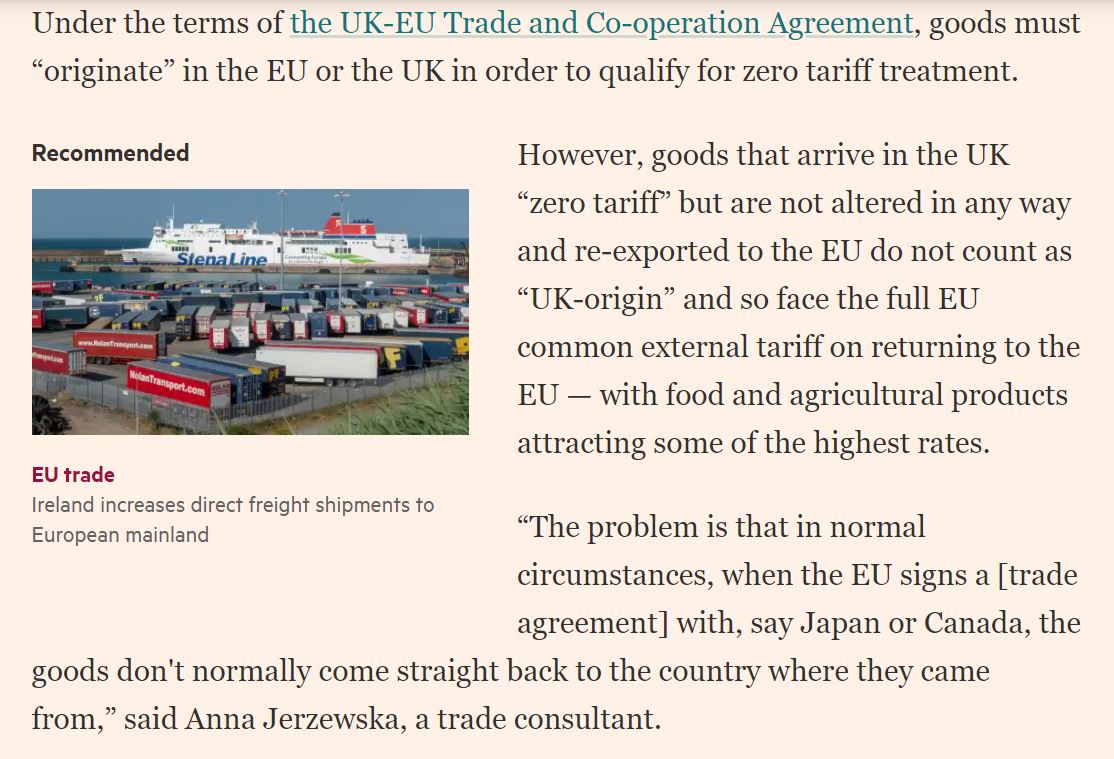Some compelling evidence at the NI Affairs Committee this morning on Brexit, the risks of smuggling, organised crime, the "soft underbelly" of the Irish border, the loss of the European Arrest Warrant and what might replace it
Mr Rodhouse told a House of Commons committee that such trafficking was already underway through what could be termed the “soft underbelly” of the Irish border.
This year 45 extraditions have been sought north and south through the European Arrest Warrant.
More from Tony Connelly
Irish foreign min Simon Coveney says he is "more optimistic" about progress in the EU UK Joint Committee over implementing the Northern Ireland Protocol.
2/ Last night @rtenews reported that if a free trade deal were to be concluded, a sequence would be put in place at the end of which the UK would drop the clauses in the Internal Market Bill which breach the Protocol.
3/ This morning, the EU’s representative on the Joint Committee, which implements the Protocol, said he would be meeting his counterpart Michael Gove in Brussels today.
4/ Mr Coveney said: “There is more cause to be optimistic and positive in the context of the Joint Committee and its work in terms of implementing the Withdrawal Agreement and the Protocol on Ireland and Northern Ireland.
5/ “Maros Sefcovic and Michael Gove have made really practical progress on many of the outstanding issues that were not resolved up until a few weeks ago.
2/ Last night @rtenews reported that if a free trade deal were to be concluded, a sequence would be put in place at the end of which the UK would drop the clauses in the Internal Market Bill which breach the Protocol.
3/ This morning, the EU’s representative on the Joint Committee, which implements the Protocol, said he would be meeting his counterpart Michael Gove in Brussels today.
\U0001f1ea\U0001f1fa\U0001f1ec\U0001f1e7 I will meet @michaelgove today in Brussels to discuss the implementation of the Withdrawal Agreement, including the Protocol on Ireland and Northern Ireland. We are working hard to make sure it is fully operational as of 1 January 2021.
— Maro\u0161 \u0160ef\u010dovi\u010d\U0001f1ea\U0001f1fa (@MarosSefcovic) December 7, 2020
4/ Mr Coveney said: “There is more cause to be optimistic and positive in the context of the Joint Committee and its work in terms of implementing the Withdrawal Agreement and the Protocol on Ireland and Northern Ireland.
5/ “Maros Sefcovic and Michael Gove have made really practical progress on many of the outstanding issues that were not resolved up until a few weeks ago.
More from Brexit
On this, I think it’s highly unlikely to occur in the timeframe given. For several reasons, I don’t think it’s realistic for Scotland to secede, and then join the EU, in 9 years.
For that, thanks goes to Brexit.
A thread because why not...
Two important dates: March 2016 and January 1st 2021.
Firstly, prior to the 2014 referendum, the Nationalists proposed a date of March 2016 to secede.
Secondly, today - the end completion of Brexit five-and-a-half years after Cameron’s majority in 2015.
Brexit has demonstrated many things, primarily that splitting unions is not easy. The UKs membership of the EU was 47 years and by the end it was not at the heart of the EU. The Union has existed for over 300 as a unitary state.
Dividing a unitary state, like the UK, will not be easy. Frankly, it will make Brexit look simple. Questions of debt, currency, defence, and more will need to be resolved ... something not addressed with Brexit.
Starting with debt. Scotland will end up with its proportionate share of the UKs national debt. It’s not credible to suggest otherwise. Negotiating what is proportionate won’t be easy when both sides disagree.
It’s importance will be seen shortly.
For that, thanks goes to Brexit.
A thread because why not...
On the current trajectory, I think this is likely to be the map of Europe of 2030. pic.twitter.com/65i1A8CiP8
— Ben Judah (@b_judah) January 1, 2021
Two important dates: March 2016 and January 1st 2021.
Firstly, prior to the 2014 referendum, the Nationalists proposed a date of March 2016 to secede.
Secondly, today - the end completion of Brexit five-and-a-half years after Cameron’s majority in 2015.
Brexit has demonstrated many things, primarily that splitting unions is not easy. The UKs membership of the EU was 47 years and by the end it was not at the heart of the EU. The Union has existed for over 300 as a unitary state.
Dividing a unitary state, like the UK, will not be easy. Frankly, it will make Brexit look simple. Questions of debt, currency, defence, and more will need to be resolved ... something not addressed with Brexit.
Starting with debt. Scotland will end up with its proportionate share of the UKs national debt. It’s not credible to suggest otherwise. Negotiating what is proportionate won’t be easy when both sides disagree.
It’s importance will be seen shortly.
You May Also Like
I think a plausible explanation is that whatever Corbyn says or does, his critics will denounce - no matter how much hypocrisy it necessitates.
Corbyn opposes the exploitation of foreign sweatshop-workers - Labour MPs complain he's like Nigel
He speaks up in defence of migrants - Labour MPs whinge that he's not listening to the public's very real concerns about immigration:
He's wrong to prioritise Labour Party members over the public:
He's wrong to prioritise the public over Labour Party
One of the oddest features of the Labour tax row is how raising allowances, which the media allowed the LDs to describe as progressive (in spite of evidence to contrary) through the coalition years, is now seen by everyone as very right wing
— Tom Clark (@prospect_clark) November 2, 2018
Corbyn opposes the exploitation of foreign sweatshop-workers - Labour MPs complain he's like Nigel
He speaks up in defence of migrants - Labour MPs whinge that he's not listening to the public's very real concerns about immigration:
He's wrong to prioritise Labour Party members over the public:
He's wrong to prioritise the public over Labour Party




















